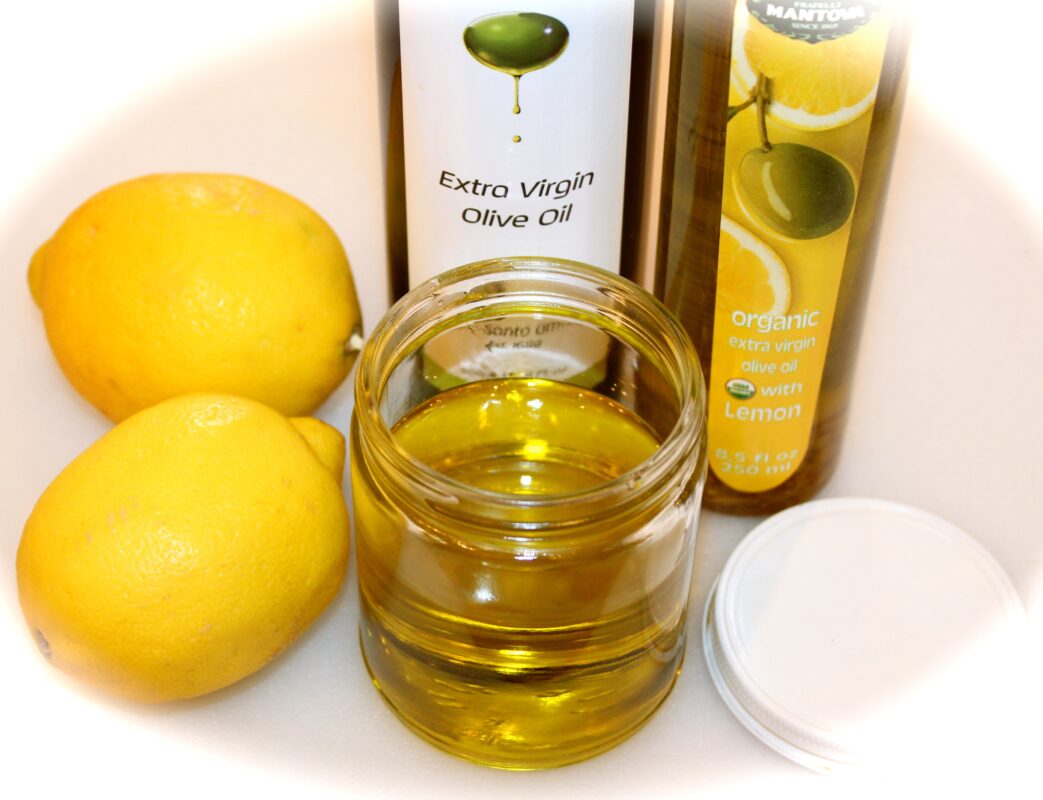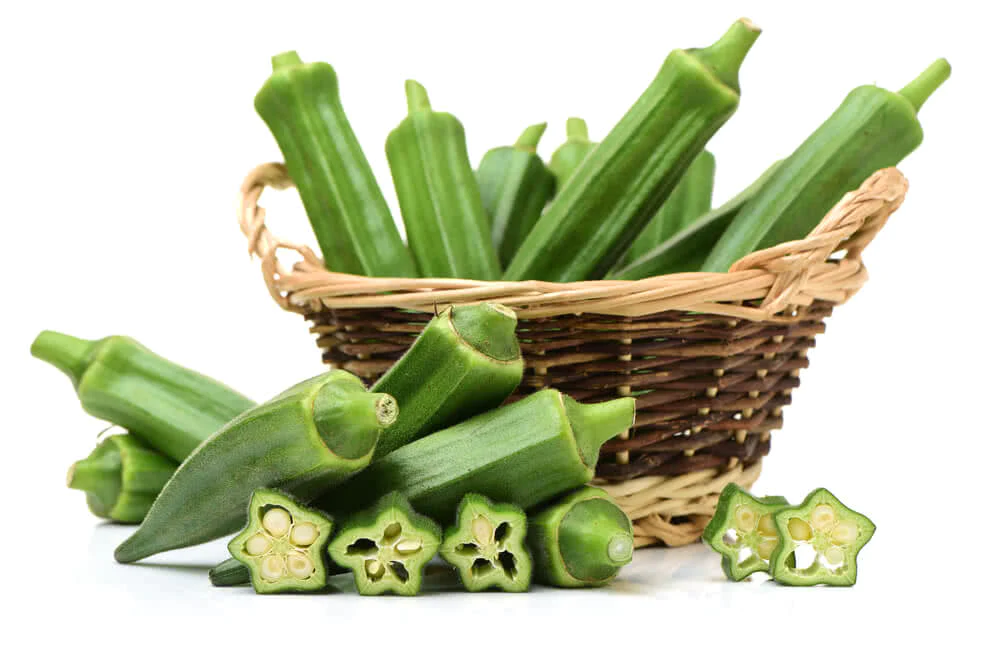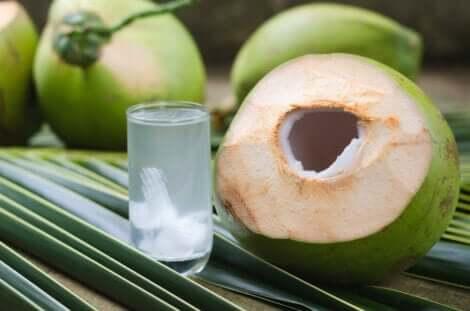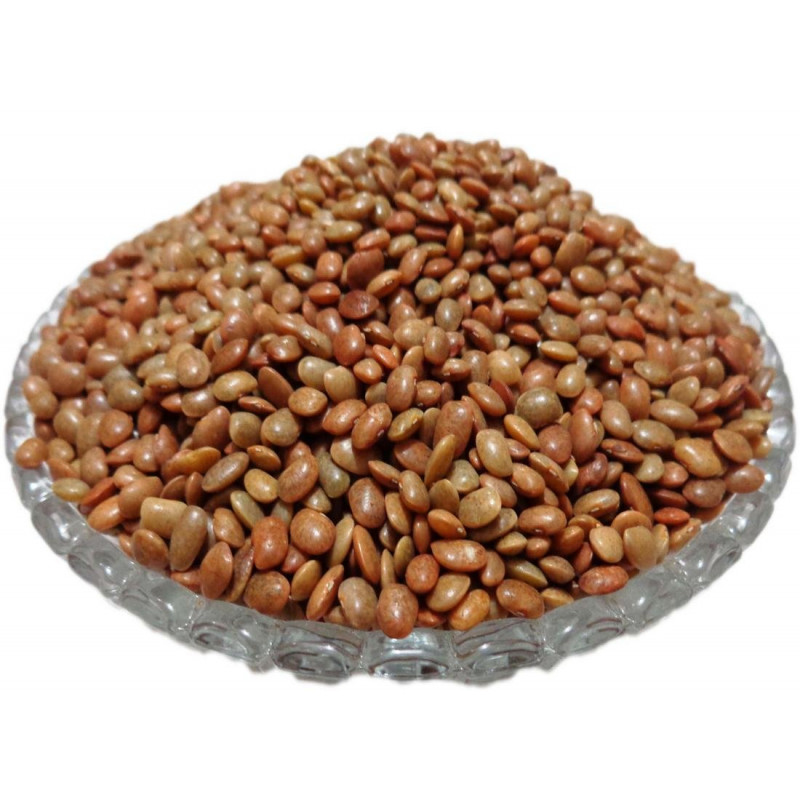Renal calculi, Nephrolithiasis, Urolithiasis.
Root Cause of Disease
Kidney stones form when your urine contains more crystal-forming substances — such as calcium, oxalate and uric acid — than the fluid in your urine can dilute. At the same time, your urine may lack substances that prevent crystals from sticking together, creating an ideal environment for kidney stones to form.
Symptoms
The symptoms could be one or more of the following:
- Severe pain on either side of your lower back.
- More vague pain or stomach ache that doesn’t go away.
- Blood in the urine.
- Nausea or vomiting.
- Fever and chills.
- Kidney stones can cause severe pain in the lower abdomen, which often moves around in the stomach and back region.
- Change in Urine Color and Consistency.
- With kidney stones, the urine becomes cloudy with a foul odor, and the color may turn light red or brown due to blood in the urine.
- Burning sensation.
- Kidney stones cause pain and a burning sensation while urinating. However, you may also experience similar symptoms from a urinary tract infection.
- Nausea and/or vomiting with pain.
- Blood in the urine.
- Inability to urinate.
- Frequent urination.
- Foul smell in urine and cloudy appearance.
Types of Stones
There are four main types of stones:
- Calcium oxalate.
- Uric acid.
- Struvite.
- Cystine.
- Calcium oxalate: The most common type of kidney stone which is created when calcium combines with oxalate in the urine. Inadequate calcium and fluid intake, as well other conditions, may contribute to their formation.
- Uric acid: This is another common type of kidney stone. Foods such as organ meats and shellfish have high concentrations of a natural chemical compound known as purines. High purine intake leads to a higher production of monosodium urate, which, under the right conditions, may form stones in the kidneys. The formation of these types of stones tends to run in families.
- Struvite: These stones are less common and are caused by infections in the upper urinary tract.
- Cystine: These stones are rare and tend to run in families.
Causes
Here are some of the common factors that may make reason for kidney stones:
Low Water Intake: To keep your organs and internal functions in order, drinking 4liters of water a day is important. Drinking inadequate water makes it difficult to flush out the toxins and dilute the minerals in urine, leading to kidney stones.
Too much protein and sodium in the diet: Protein and sodium can lead to stones if you are not drinking enough water to dilute them. If you have had kidney stones before, it was advised to reduce protein and sodium in your diet.
Obesity: Obesity affects organ function and causes various health complications. For example, people who are obese are far more likely to develop kidney stones than those who lie on the normal BMI spectrum.
Medication: Chronic medication can have a myriad of side effects. For example, it is not uncommon for individuals to develop kidney stones because of chronic medication or an underlying condition.
Aerated Drinks: No matter how much you want to avoid that can of Cola, it’s a trap that you almost always fall for. Aerated drinks can harm your kidney function and lead to mineral stones in the ureter or bladder. Daily alcohol and caffeine intake keeps you chronically dehydrated, which leads to the formation of kidney stones.
Why do stones develop in kidneys?
- Less water intake.
- Overeating.
- Avoiding/postponing urinal urges.
- Aerated drinks.
- Excess dairy products.
- Eating food which led to gas/bloating.
- Irregular daily regimes which led to acidity.
- Use of preservative food.
- Uses of sauces, vinegar.
- Alcohol consumption.
- Excess non-vegetarian food.
- Caffeine.
- Urinary tract infection.
What happens when the kidney stone strikes?
- Pain. It’s just an excruciating pain in the area of the kidney, spreading towards the spine and all over.
- Nausea.
- Heaviness in breathing.
- Restlessness.
- Feeling bloated.
- Frequent sensation of urination.
- Difficulty in urination/pain urination.
- Fever and chills.
Consequences
- Kidney stones increase the risk of developing kidney disease.
- If you have one stone, you are at increased risk of having another stone.
- Those who have developed one stone are at approximately 50% risk for developing another within 5 to 7 year.
Home Remedies to treat Kidney Stones
Remedy – 1: Lemon Juice with Olive oil
Materials: Lemon Juice , Olive oil

- The concoction of lemon juice and edible oil (olive oil) might sound a little weird but it is a very effective kidney stone Ayurvedic treatment.
- People who wish to remove the stones from their kidneys naturally should drink this liquid daily till the stones are removed.
- Lemon juice helps in breaking the stones while olive oil acts as a lubricant for them to pass through the system without less difficulty.
Product Link: Lemon Juice , Olive Oil
Remedy – 2: Lady’s finger(Okra)
Materials: Lady’s finger

- Okra is a green vegetable which is full of nutrients. It has a high magnesium content.
- It also has great antioxidant and anti-inflammatory properties which keep kidneys in the pink of health.
- It is also one very effective kidney stone Ayurvedic Treatment.
- Including lady fingers in your diet can be immensely helpful since it is an excellent Ayurvedic remedy for kidney stones.
Product Link: Lady’s Finger
Remedy – 3: Coconut
Materials: Coconut water

- Coconut is full of nutrients and is great for your health.
- Coconut water which is present inside a raw-green coconut is extremely good for health and should be consumed if one is suffering from kidney stones.
- It is a good form of kidney stone Ayurvedic treatment and helps dissolve the stones and eventually flushes them out through urine.
Product Link: Coconut Water
Remedy – 4: Horse gram
Materials: Horse gram

- Horse gram contains plenty of calcium, iron, protein and phosphorus.
- It is one of the most valued foods in Ayurveda. It is said to be a miracle pulse and has innumerable health benefits.
- It is highly recommended for kidney stones and even for gallbladder stones.
- It breaks the stones and allows you to eliminate them through urine.
Product Link: Horse Gram
Other Remedies
Drink right:
- Barley water (morning and evening).
- Lemon water.
- Buttermilk.
- Coconut water (morning).
- Pumpkin soup.
- Sweet lime juice (not in excess).
- Take some watermelon.
- Include amla powder in food.
Consume Sugarcane:
- Mix green cardamom with a little sugarcane juice (twice a day empty stomach).
- Tulsi seeds with sugarcane and milk.
- Cumin seeds, sugarcane, and honey.
- Fennel seeds, coriander, sugarcane/mishri (unrefined sugar).
Preventions
- Avoid eating at odd hours. Have your meals on time and eat in moderation.
- Urinate when the urges crop up. Don’t stall the urges.
- Drink two glasses of warm water, first thing in the morning. This aids in a thorough cleansing of the bowel.
- Limit your dairy consumption, avoid tomatoes, too many bananas, chiku, and corn flour foods.
- Eat more fruits with high water content.
- Practice Yoga daily. The following Yoga asanas may help manage kidney stones:
- Ustrasana
- Uttanpadasana
- Pawanmuktasana
- Dhanurasana
- Bhujangasana
- Ardha Matsyendrasana
- Garuda Asana.


